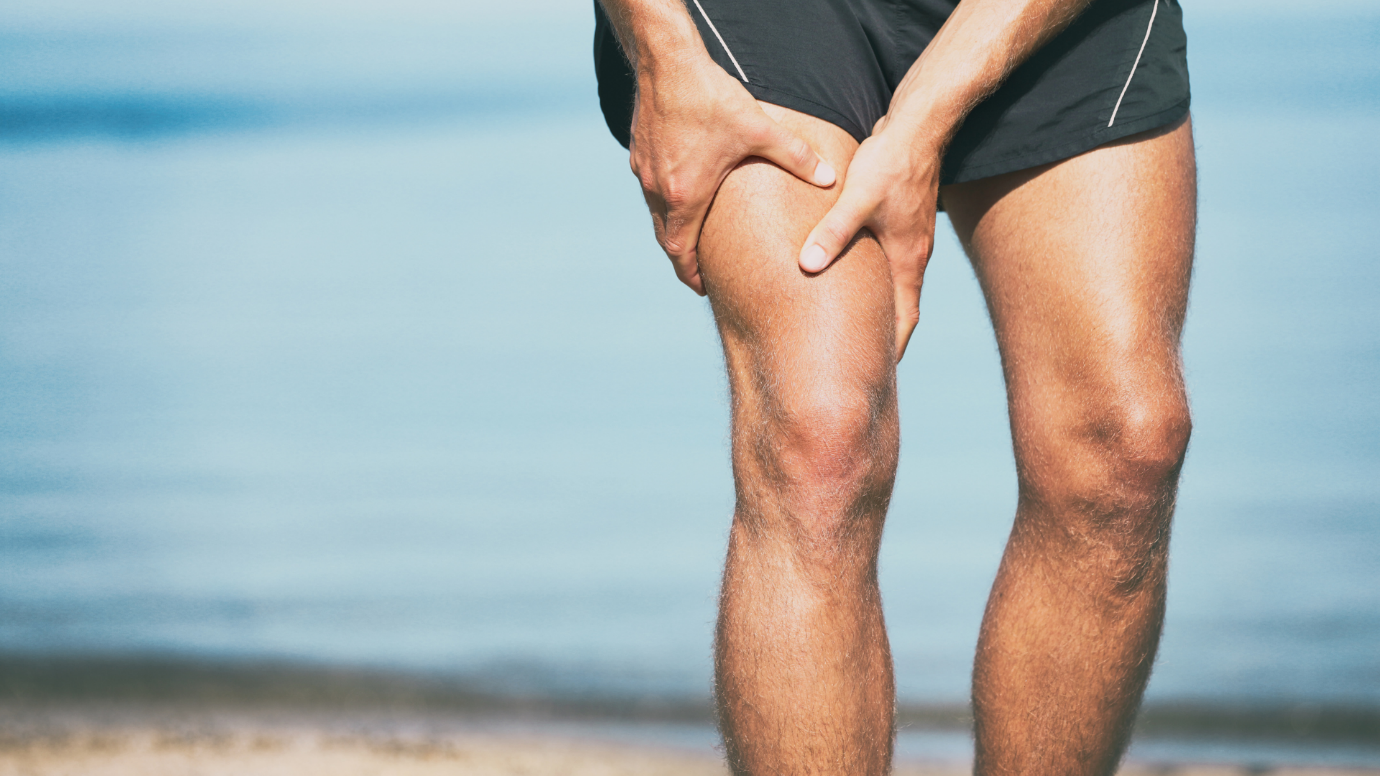Do you perpetually exert maximum effort during workouts? It’s crucial to stay active for good health, but bear in mind that more isn’t always better.
This concept reminds us to schedule rest days as we plan our exercise schedules– they’re just as necessary for overall fitness!
In order to have a workout plan that is sustainable and leads to success, you need breaks so that your body can recover and repair itself.
This blog will look at the reasons why rest days are important for everyone– not just athletes– and what happens if we don’t take them: the negative effects on both our minds and bodies!
Why are rest days important?
In our busy workout schedules, we often forget about rest days– but these are vital if we want to keep fit and exercise safely over the long term.
Although it might seem strange to take breaks from training hard, our bodies need regular rest in order to recover properly as well as mend any wear-and-tear injuries that inevitably occur when pushing physical limits.
Some of the health benefits of taking a rest day include:
a. Alleviate muscle pain and soreness
To begin with, taking days off enables muscles to clear out extra lactate. This reduces muscle ache and tenderness that may appear after intense exercise.
b. Repair and build muscles
Exercising causes tiny tears in muscle fibers, but taking days off allows our bodies to repair and strengthen these muscles.
Rest periods are when the most fibroblasts (cells responsible for rebuilding) get busy.
c. Replenish energy stores
Rest days do more than just repair muscles; they also restore energy reserves within the body.
When we exercise, glycogen levels become depleted— which can make muscles feel tired.
Regularly taking days off from workouts lets these levels bounce back up again: so, there is less fatigue built up in the first place!
d. Reduces risk of injury
Rest days are crucial for lowering the chances of getting hurt.
If we push ourselves too hard without taking time to rest, we increase our risk of overuse injuries like sprains and strains.
e. Improves sleep quality
Lastly, better sleep quality is promoted through an increase in rest days.
This helps hormone levels that rise during exercise– such as cortisol and adrenaline– return to normal; thus, supporting overall recovery by making sure you get good sleep.
Signs you need a rest day

If you are tired all the time, have muscle pain that won’t go away or keep coming back and can’t do your normal exercise routine– then yes!
It might just be what the doctor ordered: A day off from everything! To be on top form our bodies need rest, so, here are some key signs to watch out for:
- Persistent muscle fatigue and soreness
- Inability to complete workouts with previous levels of intensity or length
- Feeling sluggish and tired after working out
- Increased cravings for comfort foods or binge eating habits
However, it is important to note that there are other indicators worth paying attention to as well. If you experience any of the following, it may be a sign that you’re overdue for a day off:
- You have more injury or illnesses than usual
- Your mood, behavior or priorities change (for example, you become irritable, have trouble sleeping or start thinking about exercise all the time)
If any of these signs appear, make sure you pay attention and schedule a day to rest. Remember: Taking care of yourself is important for good health!
Give your mind as well as body a break every now and then to recharge— it’ll say thanks by feeling great!
What should you do on rest days?
Rest days are equally as crucial– perhaps even more so– as your regular workout days because they give your body a chance to rest and repair itself after all that exercise-induced stress.
Even so, lots of folks often ask themselves what they ought to be doing on these days off. With that in mind, here are a few ideas for ensuring you make the most of them:
- Even if you’re taking a break from your regular workout, don’t think of it as permission to spend the entire day on the couch. Instead, try doing some mild low-impact exercise like stretching or yoga.
- Going for a walk, or kicking a ball around with your children, boosts circulation and promotes relaxation.
- Rolling on a foam cylinder is beneficial too, because it eases muscle soreness to help you recover faster after hard training sessions– one reason why professional athletes often swear by this piece of equipment.
- Make sure you prioritize quality sleep on rest days because that’s when your body releases hormones to repair muscles.
Take a break from your thoughts through meditation or other relaxing activities. Examples include listening to music while having a bath or reading a book.
These can help lower stress and improve the balance between your mind and body!
What happens if you skip rest days?
A lot of people push themselves too far when they work out, believing that doing more is always better. But what if we never take days off to rest?
This can have serious negative effects on our overall physical and mental health. Working out strains the body as well as the brain– and if we don’t give ourselves time to recover on rest days, it could lead to burnout.
ACE states that failing to rest results in glycogen depletion within the muscles. This forces the body to utilize protein as an energy source, leaving less of it for crucial processes like muscle repair and growth which are needed to make a stronger, healthier body.
Furthermore, failing to take days off can also interrupt the body’s ability to repair itself adequately. Therefore, pay attention: giving your body the rest it requires will help you make the most of exercise!
The Bottom Line
To sum it up: For all fitness levels, taking a break, every 7-10 days is essential for preventing burnout and allowing your body to recover.
Even if you’re super fit, don’t skip rest day! Gentle activities such as yoga or walking still count as active recovery— and they work just as well as sitting on the couch.
Yet, if you are injured or think you should keep pushing yourself, it’s a good idea to talk to a doctor before doing so.
Keep in mind that looking after your body and allowing time for rest is just as critical as exercising. Don’t underestimate how valuable rest days are along your fitness journey!





